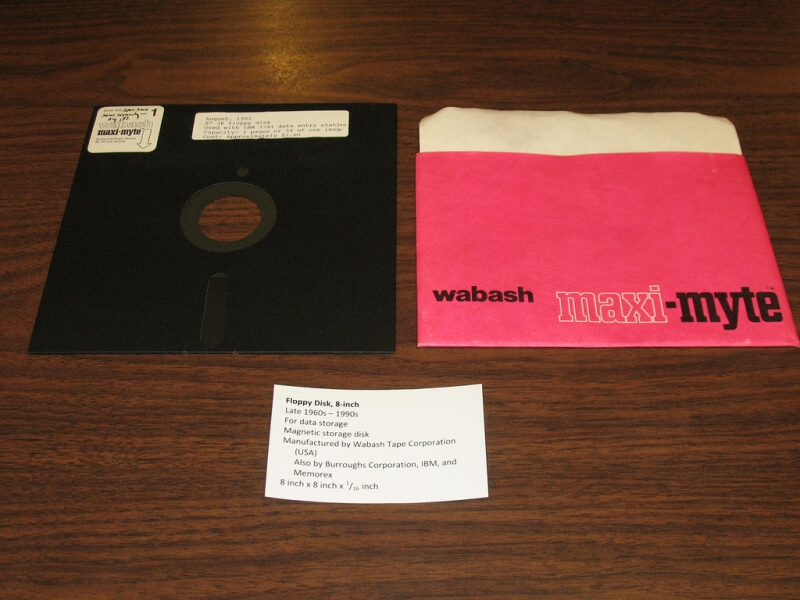What just happened? The US is rightly regarded as a world leader when it comes to military technology and power, so it always seemed strange that the nation still used 1970’s IBM Series-1 computers – complete with eight-inch floppy disks – as part of its nuclear weapons systems. But now, those drives are being updated with modern solid-state versions.

Back in 2016, it was reported that US agencies, including the Pentagon, were still using the ancient systems. “Legacy IT investments across the federal government are becoming increasingly obsolete,” stated a report from the Government Accountability Office. “For instance, [the Department of] Defense is still using 8-inch floppy disks in a legacy system that coordinates the operational functions of the United States’ nuclear forces.”
But in an interview with c4isrnet.com, Lt. Col. Jason Rossi said the Strategic Automated Command and Control System, or SACCS, is moving away from 8-inch floppy drives and to a "highly-secure solid state digital storage solution.”
While using such an antiquated system for something as important as nuclear weapons may seem unusual, its age is what makes it so secure. "You can't hack something that doesn't have an IP address. It's a very unique system — it is old and it is very good," Rossi explained.
The Defense Department said in 2016 that it would “update its data storage solutions, port expansion processors, portable terminals, and desktop terminals by the end of fiscal year 2017,” but we don’t know if those upgrades have taken place.
Three years ago, aging systems were also found in the departments of Agriculture, Commerce, Energy, Homeland Security, Justice, State, and Veterans Affairs. And while not all of the technology was as ancient as eight-inch floppy disks, some of the agencies were found to be running Windows XP.
https://www.techspot.com/news/82400-us-military-dropping-8-inch-floppy-disks-ssds.html